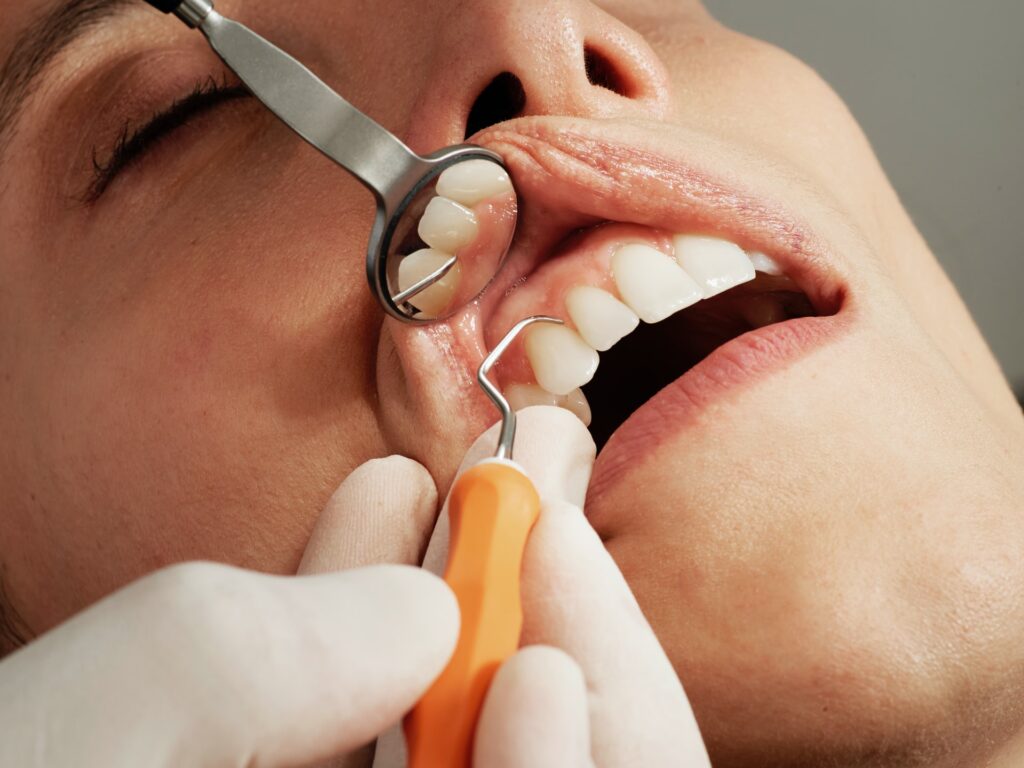Dental bonding is a cosmetic procedure that changes teeth' color, shape, and size. Dental bonding is when our dentist at Gardens Dental Spa, applies a tooth-colored resin material to your teeth to repair minor cosmetic problems, like small chips or cracks in your teeth. The material can be shaped and polished to look like natural teeth and properly last several years. Due to its affordability, it is a popular choice for fixing cosmetic tooth damage.

How Does Dental Bonding Work?
The teeth are usually prepared with an etchant and a primer to help the bonding material adhere to the tooth surface. After the tooth is ready, the material is placed and sculpted over it, hardened, or cured with a light. When bonded to the tooth enamel, the resin material is durable enough to withstand normal daily wear and tear without chipping or staining. Dental bonding is an economical cosmetic treatment option that can improve the appearance of your smile.
If your teeth are chipped, cracked, stained, or gapped, you may be a candidate for dental bonding. But how long it lasts will depend on your oral care routine and lifestyle habits. Be sure to brush and floss your teeth regularly to avoid plaque buildup. Avoid dark foods and beverages that can discolor your teeth if you have stains. This includes coffee, tea, red wine, and dark berries. Smoking or using tobacco products can also stain teeth, so quitting is essential. Dental bonding can last several years when combined with good oral hygiene. But if it chips or cracks, contact our office immediately. We can assess the damage and recommend the best treatment to restore the health of your mouth.
The Benefits of Dental Bonding
- Composite resin is tooth-colored and blends in seamlessly with your natural enamel.
- The composite material used in dental bonding can be shaded to better match surrounding teeth.
- Composite resin is a durable material that can last several years when taken care of properly.
- Dental bonding is a simple procedure completed in just one visit to the dentist’s office.
- You can generally eat after having dental bonding done. However, you should avoid staining beverages like red wine, coffee, soda, tea, and tobacco for at least one week after the procedure.
- Bonded teeth require less prep work than veneers and other cosmetic dental treatments. This means you won’t have to remove as much of your natural tooth structure before receiving treatment.
- With proper oral hygiene and maintenance, bonded teeth can last for as long as ten years or longer.
